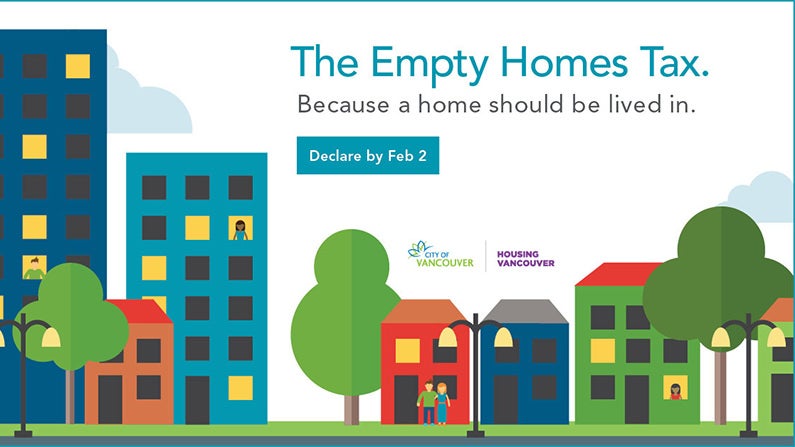
The Empty Homes Tax (Vacancy Tax) targets vacant or unoccupied homes in Vancouver to address housing shortages. Here’s what you need to know:
What is the Empty Homes Tax?
The Empty Homes Tax applies to residential properties in Vancouver left vacant for over 6 months in a calendar year. Homes not used as a principal residence or rented out long-term (minimum 6 months) are subject to a tax of 1% of the property’s assessed value.
Why Was It Introduced?
Vancouver implemented this tax to encourage property owners to rent out unused homes, easing pressure on the rental market. Since its launch, the city reports a 15% reduction in vacant properties, with many converted into rentals.
Who is Exempt?
- Homes used as a principal residence.
- Properties rented for at least 6 months of the year.
- Homes under construction, renovation, or rezoning.
- Special circumstances, like medical care or court orders.
How is It Calculated?
The tax is 1% of the property’s assessed value. For example, a property assessed at $1M would owe $10,000 in tax if vacant.
Key Deadlines
Homeowners must submit a property status declaration annually to confirm their home’s use. The deadline to submit a property status declaration for the Empty Homes Tax in Vancouver is typically February 2nd each year, but the exact date may vary slightly depending on the year. Failing to declare results in automatic taxation and a penalty.
Empty Homes Tax vs. Speculation Tax
The Empty Homes Tax is a municipal tax specific to Vancouver, while the Speculation Tax is provincial, applying to taxable regions across BC.
Conclusion
Understanding the Empty Homes Tax is essential for Vancouver property owners. For guidance on navigating the tax or maximizing your property’s potential, contact me, your trusted Vancouver REALTOR®.Need help buying or selling in Vancouver? Let’s connect!
